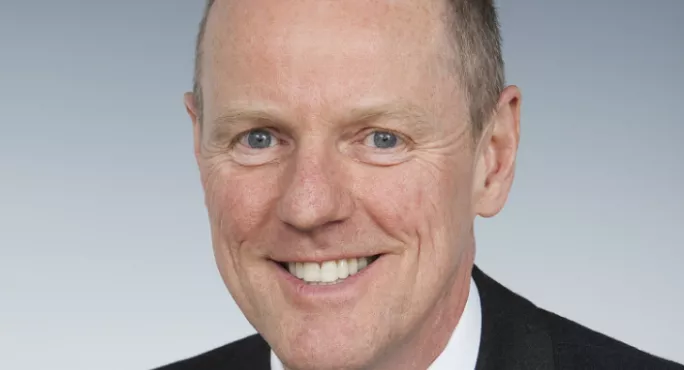Rotas are “difficult” for secondary schools to implement while educating vulnerable students and key workers’ children, the schools minister has said.
Answering an urgent question in the House of Commons today, Nick Gibb said that school rotas were a “less effective means” of reducing Covid-19 transmission risk than the approach set out in the Department for Education’s own contingency framework.
Back in August 2020, the DfE included rotas - where different groups of pupils take turns to attend school - in its tiered contingency framework for Covid spikes in the autumn term. If schools moved to Tier 2 (of four), they would be asked to use rotas to “break chains of transmission of the virus”.
Coronavirus: School reopenings ‘will not be straight after half-term’
Related: Regional approach to school openings ‘likely’
School safety: The new Covid contingency plans for schools
But the department later amended this framework, removing any mention of rotas.
Coronavirus: Rotas ‘are difficult for secondary schools’
It was reported this week that rotas were being considered as a way of reopening schools.
But Mr Gibb said today: “Rotas are difficult for secondary schools to implement at the same time as providing full-time education for vulnerable children and critical workers.
“Rotas don’t prioritise exam years and we only ever restrict education as a last resort where transmission is exceptionally high, and rotas are a less effective means of reducing transmission risk than the approach set out in great detail in the contingency framework.”
The DfE’s contingency framework does not currently apply to any areas of England, as the national lockdown is in force.
It says that, for secondary schools, implementation of the contingency framework will mean they should “only allow vulnerable children, children of critical workers, pupils in Years 11 and 13 and other pupils due to take external exams this academic year, to attend”.
For primary schools, however, it says all children will continue to attend if the contingency framework is implemented, or “in the very unlikely event that evidence supports limiting attendance”, only vulnerable pupils and the children of key workers will be allowed on site.
